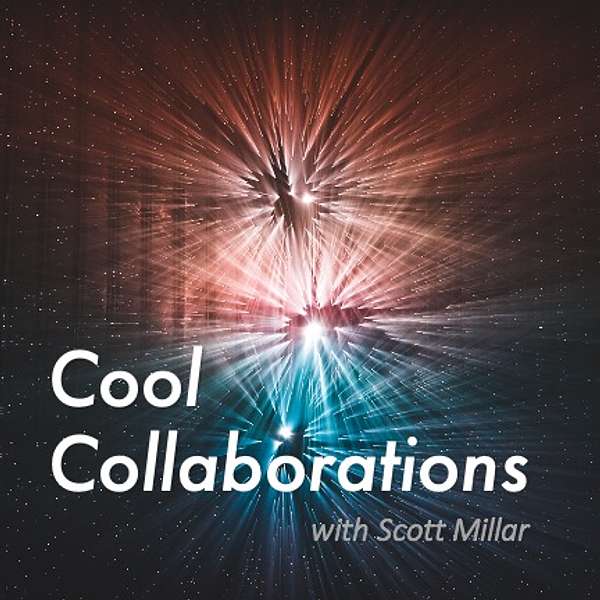
Cool Collaborations
Cool Collaborations
#23 Paul Thagard - On philosophy, cognitive science, and collaboration.
Welcome to episode #23 of the Cool Collaborations podcast. My guest today is Paul Thagard, PhD, a is a philosopher, cognitive scientist, and author. He is a Distinguished Professor Emeritus of Philosophy at the University of Waterloo and a Fellow of the Royal Society of Canada. He has been awarded the Molson Prize (2007) and a Killam Prize (2013) by the Canada Council for the Arts.
Our conversation covers a lot of ground as we explore collaboration in the world of people, animals, and artificial intelligence, in line with the work in Paul’s new book Bots and Beasts: What Makes Machines, Animals, and People Smart? We speak about recursive thinking, empathy, complex problem solving, and creativity in the three worlds of bots, beasts, and humans.
Here’s a few links to Paul Thagard’s latest book and some of the other things we discuss during the episode:
- Paul Thagard, PhD
- Bots and Beasts: What Makes Machines, Animals, and People Smart?
- Richard Nisbett, Theodore M. Newcomb Distinguished University Professor, College of Literature, Science and the Arts, University of Michigan
- Keith Holyoak, Distinguished Professor, Stanford University
- Ocean’s Eleven
- Litt, Abninder & Eliasmith, Chris & Kroon, Frederick & Weinstein, Steven & Thagard, Paul. (2006). Is the brain a quantum computer?. Cognitive science. 30. 593-603. 10.1207/s15516709cog0000_59.
- Distributed Artificial Intelligence or Multiagent systems
- Deep Mind by Google
- IBM Watson
- AlphaGo – DeepMind playing the game Go.
- The concept of Emergence
Paul Thagard’s new book Bots and Beasts: What Makes Machines, Animals, and People Smart? It comes out on October 19, 2021. And, be sure to subscribe to the Cool Collaborations podcast with your podcast provider and share it with a friend you think would enjoy listening.
Your host for the Cool Collaborations podcast is Scott Millar. Scott is the principle of Collaboration Dynamics, where he often works as a "peacemaker" by gathering people with different experiences and values and helping them navigate beyond their differences to tackle complex problems together.